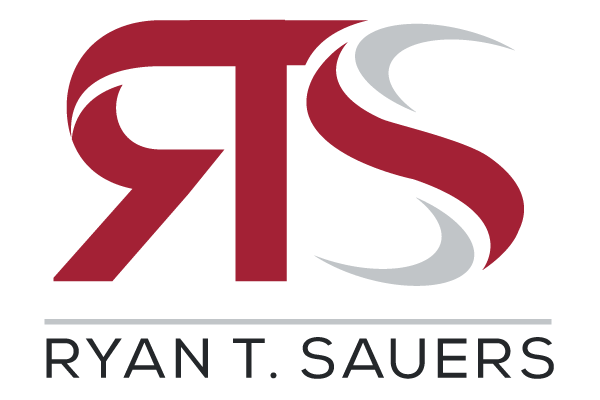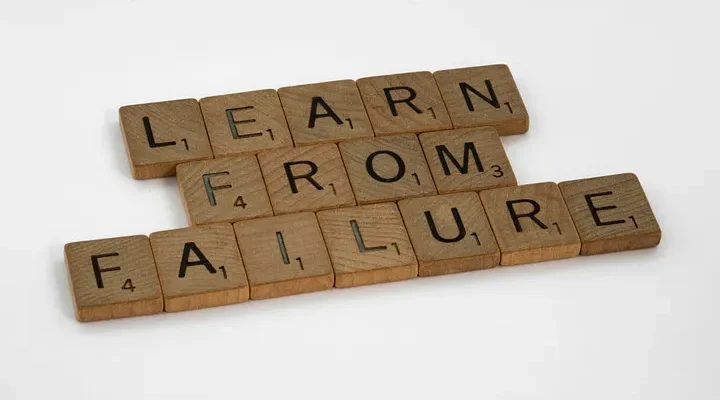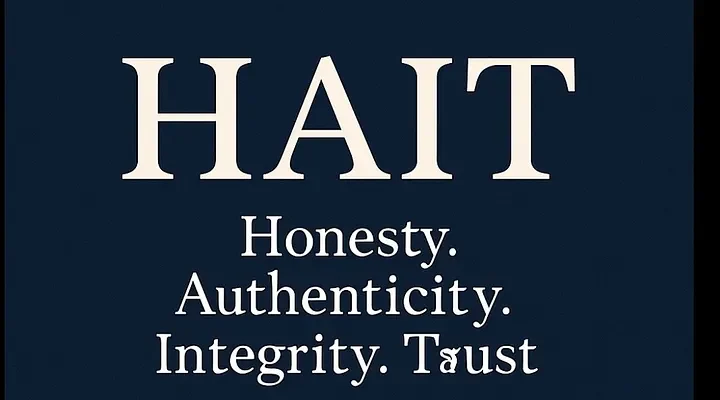In today’s fast-paced world, failure isn’t fatal — stagnation is. Discover why small and mid-sized business leaders must foster cultures that embrace risk, learn fast, and grow forward in 2025.
Let’s face it — the world we live in today isn’t just new; it’s turbocharged. From TikTok trends and virtual meetings to AI tools reshaping how we work, communicate, and lead, small and mid-sized organizations are navigating a more complex and fast-paced landscape. Generations collide, information floods nonstop, and innovation doesn’t wait for anyone.
So here’s a headline you might not expect in 2025: You must learn to fail.
Before you raise an eyebrow, hear me out.
I’m not saying to settle for failure or make it your goal. I mean this: Every day, mistakes will happen in every organization. The difference between surviving and thriving is what you learn from them. Do you take those stumbles as opportunities to grow? Does your culture empower your team to experiment — even if that means occasionally missing the mark?
When failure is handled well, it becomes a powerful engine for learning. In organizations that foster psychological safety, people share their setbacks openly, not as moments of shame, but as stepping stones everyone can learn from. Because hiding failures doesn’t make them disappear, it just makes it more likely they’ll happen again, somewhere else, to someone else. And in today’s fast-moving markets, repeating mistakes isn’t just costly; it’s fatal.
Common Challenges I See in Organizations in 2025
Get Dr. Ryan T. Sauers’s stories in your inbox
Join Medium for free to get updates from this writer.
In my work with entrepreneurs and leaders of growing companies, I often encounter some recurring themes that might sound familiar:
- Teams stuck in old routines, resistant to new ideas or digital transformation, are slowing innovation.
- Leadership that is unsure about their organization’s unique value or clear strategic direction.
- Marketing is still treated as an afterthought or someone else’s job, rather than a company-wide priority.
- Sales approaches that don’t reflect how today’s customers buy — digitally, socially, and on-demand.
- Struggles to find time or resources for strategic planning and meaningful change initiatives.
- Talent challenges, with leaders unsure how to assess and develop their teams for the future.
These are tough, but far from impossible to fix. They require honest assessment, intentional leadership growth, and a culture that rewards learning rather than just winning.
How Do You Move Forward?
It starts with embracing failure as part of the journey toward excellence.
If you’re average, strive to be good. If you’re good, push to be great. If you’re great, double down to stay there — because the pace of change isn’t slowing down.
Look at companies like Toys ‘R’ Us, Nokia, or even some once-dominant apps that didn’t keep up with changing trends — they got complacent. Don’t be them.
Real transformation happens when you commit — even when you’re busy, even when it’s tough. Like tracking your daily progress on your smartwatch or fitness app — the journey to success begins with a single intentional step.
So here’s my challenge: Let’s lean into failure — done right — as a vital leadership tool. I admit, I fail often, but try to learn and grow each time.
Now, it’s your turn. Are you ready to take that first step toward real change? If yes, let’s talk. No catch. Just honest, human-to-human conversation — and the kind of insight that can jumpstart your next chapter.
Please email me at Ryan@RyanSauers.com or Dr. Ryan T. Sauers




 ©
©